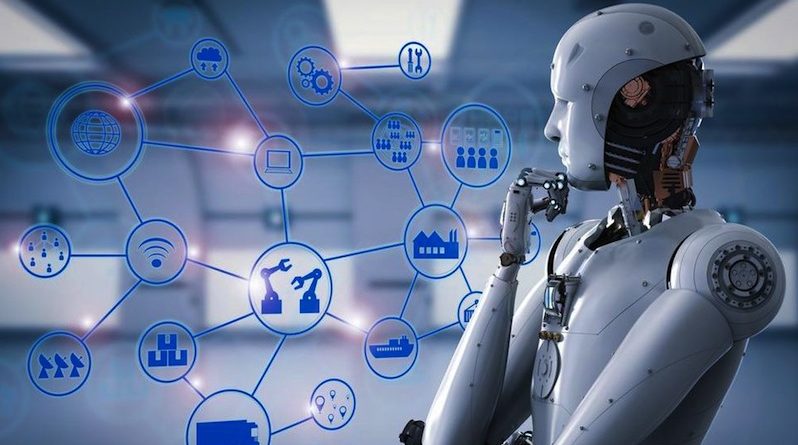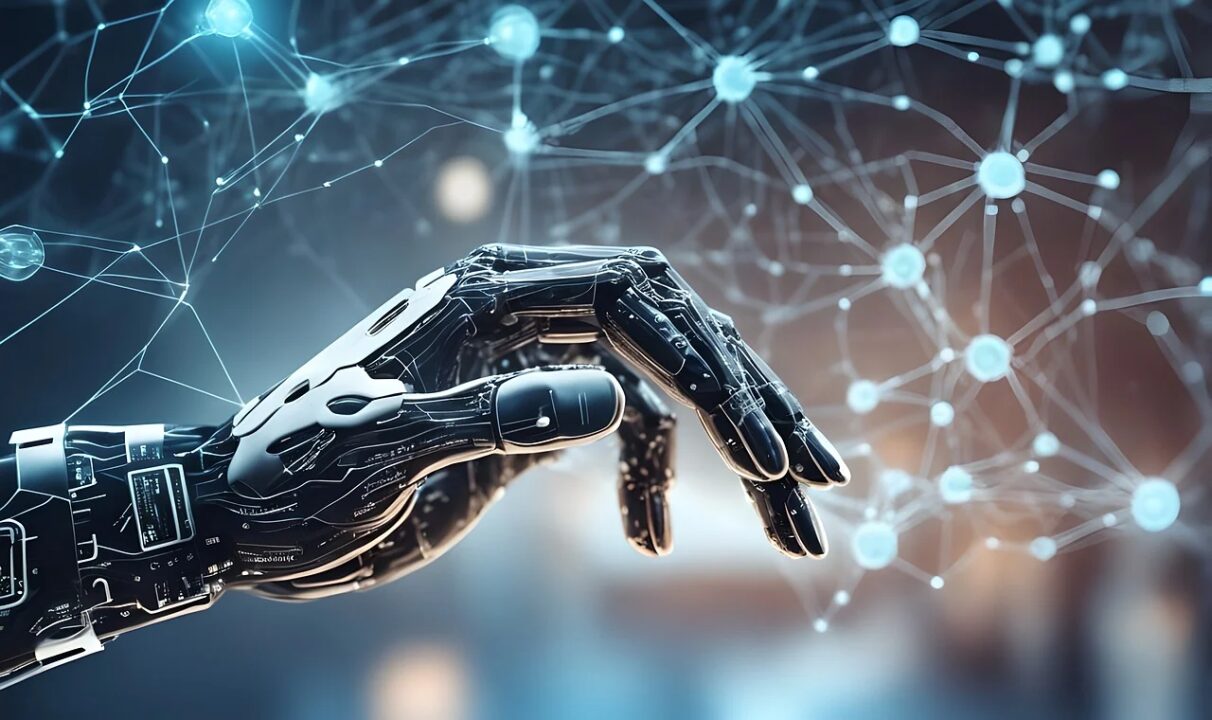AI Advancements – We’ve noticed big job cuts happening in various industries, and some of these layoffs could be linked to advancements in AI technology. Nowadays, machines are becoming smarter, and they’re able to do tasks that people used to do. This means that some jobs, like those involving repetitive tasks or simple decision-making, might not need as many human workers anymore.
So, many companies are choosing to use AI systems instead of hiring people, leading to fewer job opportunities for humans. It’s a big change happening in the job market, and it’s affecting lots of different industries.
Let’s examine seven jobs that are vulnerable to AI advancements.
Graphic Designer
Graphic designers, tasked with creating visual assets for various media, are witnessing the integration of AI-driven design tools into their workflow . These AI advancements leverage machine learning algorithms to generate logos, graphics, and layouts based on user preferences and design parameters.
AI can generate design concepts quickly, reducing the need for manual design work. Graphic designers must adapt to this changing landscape by embracing AI as a tool for ideation and exploration, rather than viewing it as a threat to their profession. Collaboration between human designers and AI algorithms can result in visual communication that combines the best of human creativity and machine efficiency.
Human Resources Specialists
Human resources (HR) specialists, responsible for talent acquisition and employee management are adapting to the integration of AI technologies into HR processes. Automated resume screening systems, powered by AI algorithms, analyse job applications, identify relevant qualifications, and rank candidates based on predetermined criteria.
However, the reliance on AI in HR raises concerns about algorithmic bias, data privacy, and the human touch in candidate evaluation. HR specialists must strike a balance between leveraging AI for efficiency and maintaining human oversight to ensure fairness and compliance with ethical standards.
Personal Assistants
Personal assistants, traditionally tasked with managing schedules, coordinating appointments, and handling administrative tasks for persons or executives, are undergoing transformation with the advent of AI-driven virtual assistants. Virtual personal assistants, such as voice-activated AI platforms and smart chatbots, offer users personalised assistance, reminders, and information retrieval capabilities. These virtual assistants can understand user queries, anticipate needs, and execute tasks autonomously.
Inventory Managers
Inventory managers, responsible for overseeing stock levels and supply chain logistics are confronted by AI advancement; integration of AI-powered inventory management systems. These systems utilise machine learning algorithms to forecast demand, track inventory levels, and automate replenishment processes. By analysing historical sales data, market trends, and supply chain dynamics, AI-driven inventory management systems can optimise inventory levels, reduce stockouts, and minimise excess inventory.

Data Entry Workers
Data entry workers, traditionally tasked with inputting and organising vast amounts of information, now face increasing threats from AI advancements. With the emergence of automated data entry software, the manual labour associated with data entry is being replaced by efficient AI-driven solutions. AI advancements can accurately digitise handwritten or printed text, parse through complex data sets, and populate databases with minimal human intervention. As a result, the role of data entry workers is becoming less essential in industries where data processing is a significant component of operations.
Customer Service Representatives
The landscape of customer service is undergoing a seismic shift with the widespread adoption of AI-driven chatbots and virtual assistants. Customer service representatives, who traditionally responded to inquiries, and resolved issues, are now being supplemented or replaced by AI-powered systems. Chatbots equipped with natural language processing (NLP) capabilities can engage in conversational interactions with customers, addressing common queries and providing support round-the-clock.
Content Writers
Content creation is another arena where AI advancements are reshaping traditional roles. Content writers, responsible for generating written materials for various purposes, now contend with the emergence of AI-powered natural language generation (NLG) algorithms. These AI advancements can analyse data inputs, understand context, and generate coherent written content autonomously. From news articles and blog posts to product descriptions and marketing copy, AI-driven content creation tools offer scalability, posing challenges to human writers. While AI can produce large volumes of content quickly, it may struggle with creativity, originality, and nuanced storytelling, areas where human writers excel.











